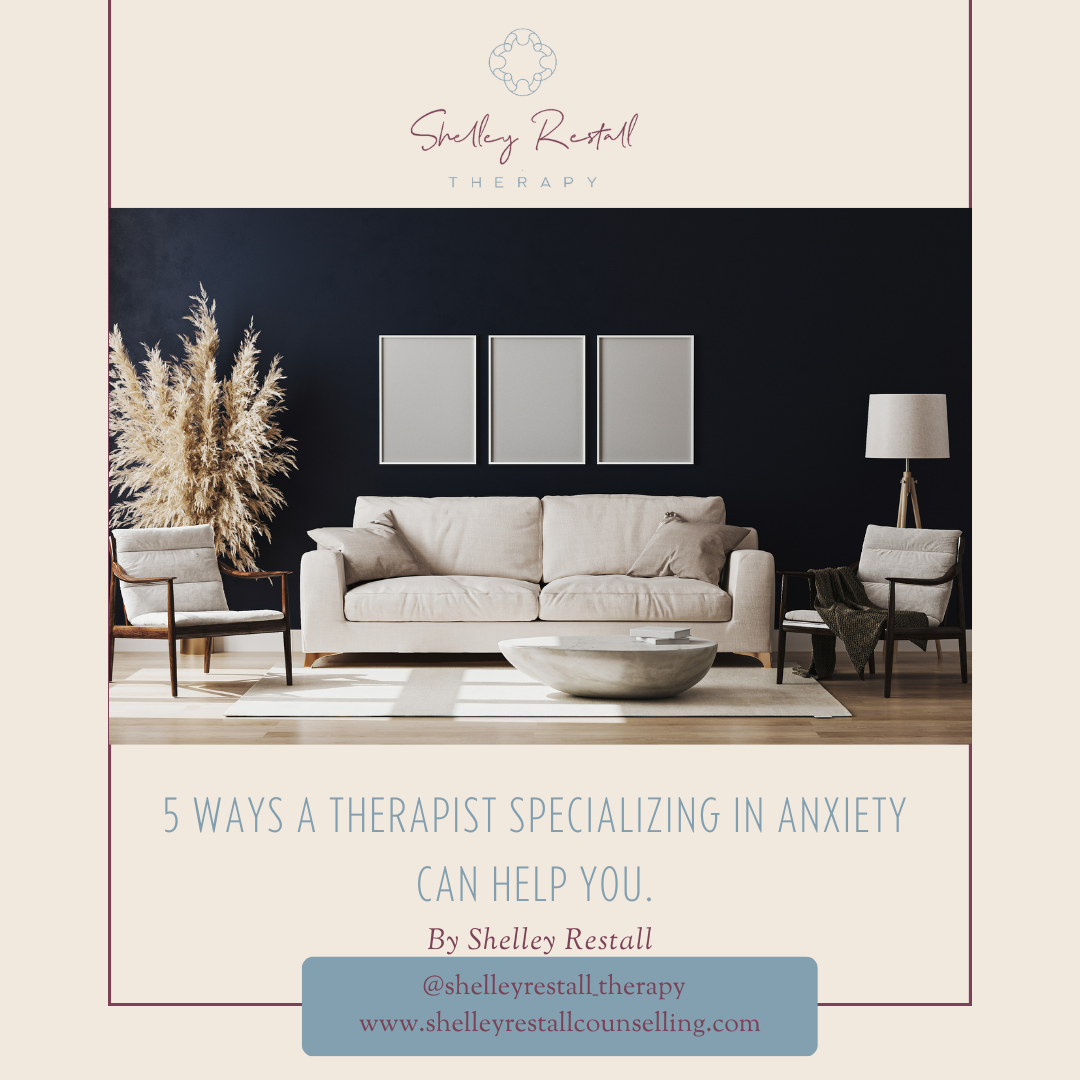Shelley’s Blog: Get to know Shelley’s expertise, interests, and therapist style.

Tips to consider when exploring unmasking as an Autistic/Neurodivergent person.
Tips and considerations to work through before determining how and where to unmask.

Why is Masking Harmful?
People who mask experience higher levels of exhaustion, meltdowns, shutdowns, and ultimately burnout.

Use of language can be empowering with disabled and neurodivergent folks.
Use of language is an important way that we communicate with others. By communicating in a way that creates acceptance and a sense of validation through choosing language that disabled people prefer, it is one way to support them.

Defining Masking as part of Neurodivergent Experiences.
Unmasking Autism requires community, support, self-acceptance, self-knowledge and is an individual process. This blog post shares a perspective about defining masking and code switching as the first part of a series of blog posts on the topic of masking and unmasking Autism.

ARFID - An Eating Disorder that is life altering.
ARFID is an actual eating disorder that is more than just picky eating. ARFID requires specialized support and treatment. When we focus on creating safety, normalizing safe foods, and also utilizing neurodivergent affirming approaches to supporting people with ARFID it reduces the distress experienced.

The power or oppression with Use of Language for those living with a Disability(ies).
Language can be a powerful tool when understanding, interacting, and supporting those who live with both seen and invisible disabilities. This blog posts provides a perspective of the use of language with regards to this topic.

Time blindness…. more than just running late and what you can do about it!
Time blindness is so often misunderstood which can lead to the person who is “always late” being blamed or shamed for it. Neurodivergent folks (those identifying or diagnosed as ADHD/ADD/Autistic) can experience a higher rate of time blindness. Read more about this topic to learn about what it actually means and discover 3 strategies you can use to support yourself with this challenge.

No Pants Needed: A Snapshot of Body Image and Eating Disorders Recovery
A story of one woman’s body image journey from self-criticism, judgment, and hate to a place of neutrality and peace. Eating disorders are often overlapping with body image challenges and eating disorder recovery is part of the process.

It's Time to Start Therapy: Breaking Free from the Patterns Keeping you Stuck and Anxious….
You’ve already tried all the self-help outlined books, tools, and strategies. You’ve even tried the Tik Tok ideas, and the social media trends. You find yourself still stuck, not taking the action or feeling unsure even where to begin with overcoming your anxiety and stress. 1:1 individual therapy can be beneficial for you to outline Individualized support in a paced approach for results you desire.

The Power of Self-Compassion: Taming Your Inner Critic
Self-compassion and mindfulness practices are skills that can be learned in therapy. These skills provide a foundation for resiliency with taming your inner critic voice. We all have an inner critic voice however if it controls all of our thinking we can experience lower self-worth, lower self-esteem, and low self-confidence. This is all linked with experiencing higher levels of anxiety too.

Five Ways a Therapist Specializing in Anxiety Support Can Help You
Anxiety therapy can help you to feel less alone, have clarity in how to cope more effectively with emotions and anxiety you are experiencing. Anxiety may be normal to experience, however when it’s all consuming or exhausting it can lead to burnout. Help for anxiety is valid and available.

How to Show Up for Yourself After a Binge: Breaking the Cycle with Self-Compassion
Binge eating can trigger cycles of restricting, and it’s driven by guilt oriented thoughts. Showing up for yourself with self-compassion, and mechanical eating are a place to start in binge eating recovery.

Navigating Relationships: 4 strategies of how to deal with difficult people.
Dealing with difficulty people, especially family relationships can be stressful. Having rehearsed strategies can help you feel confident with approaching these interactions to stick with your boundaries.

Why we can’t just shame or criticize ourselves into changing what we want to be different in ourselves.
Making changes with positive motivation rather then self-shaming is a better process for sustainable change.

Understanding Anorexia vs. Atypical Anorexia and treatment options.
Atypical Anorexia and Anorexia are both eating disorders that require treatment. Understand the differences, risks, and treatment options with this blog.

Eating Disorder Psychotherapy and Treatment Options
Eating disorder treatment options, and understanding what is involved with each psychotherapy modality.

Understanding the Process of Therapy.
Starting therapy step by step, giving you an understanding of how it works.

Interrupting Body Checking when struggling with negative BODY IMAGE
Negative body image can feel like it constantly brings down your mood. You may avoid engaging in social situations, and often compare yourself to others. Here are some strategies to help you interrupt thoughts and behaviors that contribute to negative body image.

Starting Therapy? Get clarity on ways you can participate in therapy to make it worthwhile.
Starting therapy can create some anxiety without knowing what to expect. This article explains the process of therapy and overall what to expect to help you feel empowered and ready to start therapy.

5 ways parents can support their child with an eating disorder.
5 ways parents and caregivers can support their child with an eating disorder and participate in treatment.

